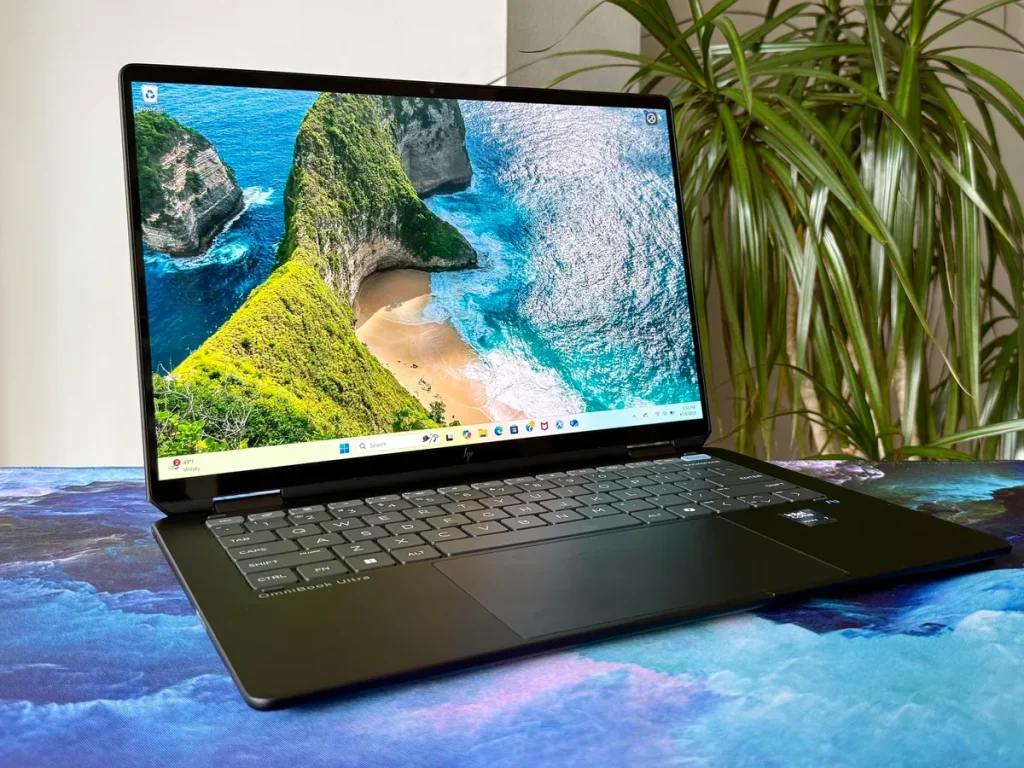In Dubai, where students juggle lectures, group projects, and late-night research, a laptop isn’t just a gadget—it’s the backbone of productivity. But not every student has a sky-high tech budget. Here’s what you need to know if you’re trying to find a reliable, affordable laptop that won’t leave your wallet gasping for air. Whether you’re studying at Zayed University or attending online classes from Marina, these picks strike the right balance.
ASUS VIVOBOOK GO 15 (E510)
Sleek design with just enough muscle for daily academic needs
This model is a go-to for students seeking something simple, lightweight, and functional. It comes with an Intel Celeron processor, 4GB RAM, and 128GB SSD. That’s more than enough for writing papers, attending Zoom lectures, and streaming the occasional documentary. With a 15.6-inch screen and a battery that lasts decently through lectures, it’s a true study buddy. Priced around AED 899, it’s a smart start.
LENOVO IDEAPAD 1 15IGL7
Affordable doesn’t have to mean underpowered
The IdeaPad 1 doesn’t try to impress with flashy specs, but it does exactly what it promises. With a Pentium processor, 4GB RAM, and 128GB storage, it handles day-to-day student tasks without fuss. The keyboard layout is especially friendly for long typing sessions—great for term papers. And at just AED 734, it’s among the most wallet-friendly picks for Dubai students on a budget.
ASUS VIVOBOOK 14 X415M
When compact meets capable, students win
Sometimes, you just need a laptop that fits in your backpack without breaking your back. The 14-inch Vivobook 14 is that device. It runs on an Intel Celeron N4020, offers 256GB SSD, and keeps things moving smoothly thanks to its clean interface. Priced around AED 749, it’s ideal for students who switch between campus and cafes frequently.
DELL CHROMEBOOK 3100
The perfect fit for cloud-first students
If you’re using mostly browser-based tools like Google Docs and Canvas, this device shines. It’s compact, with an 11.6-inch screen and durable casing. Ideal for younger students or those in programs that use cloud-based systems. The AED 154 price tag is hard to beat, and it’s designed to handle digital school life with minimal maintenance.

ASUS VIVOBOOK GO 15 i3-N305
For students who need a little more horsepower
Need to run multiple apps at once or do basic photo editing? This one’s for you. With an Intel i3-N305 processor and 8GB RAM, the performance bump is noticeable. It’s especially useful for students in creative fields or business courses. Priced around AED 1,099, it stays below premium levels while offering strong functionality.
What to pay attention to when buying a student laptop in Dubai
Choose based on how you’ll use it
Not every student needs a powerhouse. Think about what you’ll actually use: typing documents, joining video calls, researching online. For basic use, you don’t need anything fancier than a Celeron or Pentium processor with 4GB RAM.
Portability matters more than you think
If your campus routine includes switching between buildings, cafes, and metro stops, opt for something lighter. The Vivobook 14 and Dell Chromebook are excellent on-the-go choices.
Battery life can make or break your schedule
Nothing interrupts productivity like hunting for a plug in the middle of a lecture. Check specs or reviews for real-world battery times. Most models listed here will get you through half a day—some even longer.
Where you buy matters
Keep your eyes on local tech events and student deals. Retailers like Jumbo Electronics and Sharaf DG often have seasonal promotions. Don’t overlook smaller chains inside malls like Al Ghurair Centre or Ibn Battuta Mall. Also, compare online with Noon and Amazon.ae.
www.few.ae editöründen alınan bilgilere göre, öğrencilerin fiyat/performans dengesine göre yapacakları seçim, uzun vadede akademik başarılarına doğrudan etki eder.
Is buying a budget laptop in Dubai worth it?
Yes—if you know what you’re looking for. While top-tier machines have their place, most students don’t need to overspend. Budget laptops today offer robust options for everything from word processing to online learning platforms. The key is in knowing your own study habits and matching a laptop to that rhythm.
